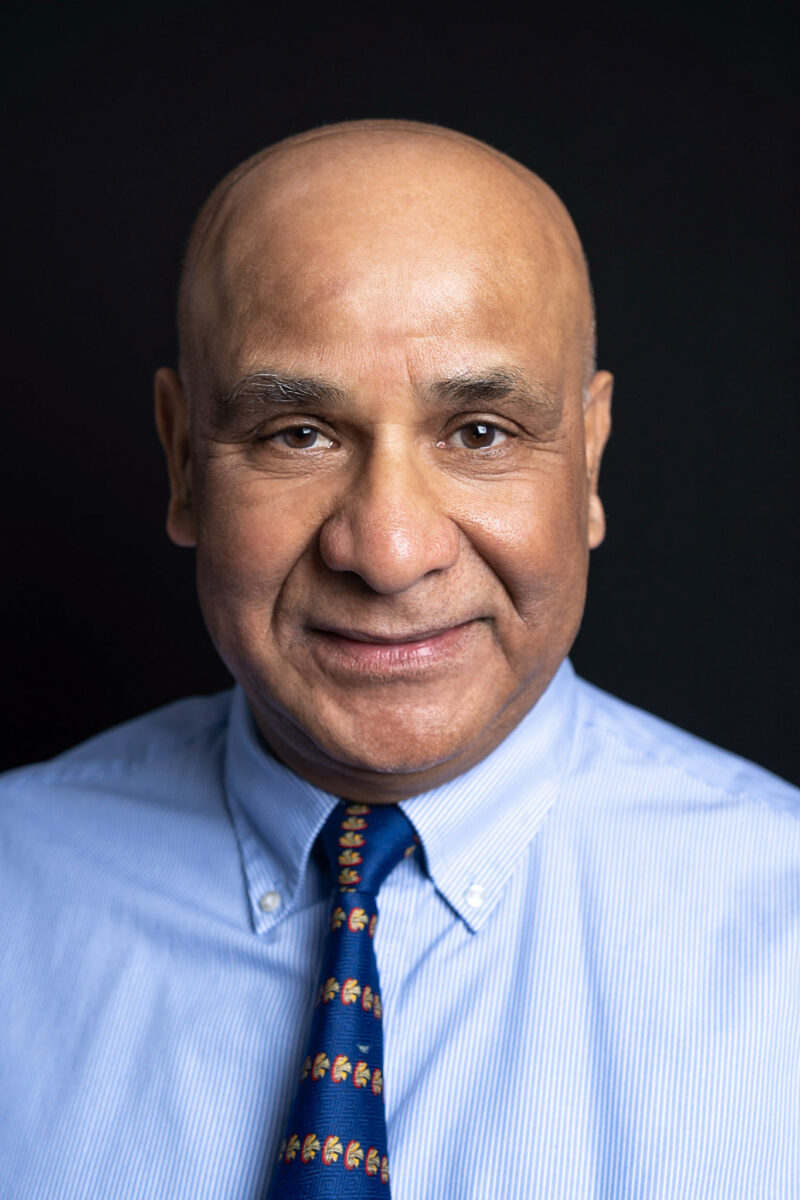Rahul Varma
Rahul Varma is a playwright, activist, and Artistic Director of Teesri Duniya Theatre www.teesriduniyatheatre.com, a company he co-founded in 1981. In 1998, he co-founded the journal alt.theatre: cultural diversity and the stage. Born in India, Rahul writes both in Hindi and English, a language he acquired as an adult. His recent plays include Counter Offence, Bhopal, Truth and Treason, and State of Denial and Dhara’s Revenge. His unproduced new works include Kali’s Dance, Merchant of God and Talaq. His plays have been translated into French, Italian, Hindi and Punjabi. He is honored to have worked with India’s pre-eminent artist, the late Dr. Habib Tanvir.
He has received the Quebec Drama Federation’s Juror’s Award (1986), the Montreal English Critic’s Circle award for interculturalism (1999), META’s Equity, Diversity, and Inclusion award (2018), and a Lifetime Honorary Membership Award (2020) from the Canadian Association for Theatre Research.
End Anti-Asian Hate
© Rahul Varma, Playwright and Artistic Director, May 7, 2023
Anti-Asian hate on the North American subcontinent is historical, dating back 150 years: mass lynching (1871), the Chinese Exclusion Act (1882), the Rock Springs massacre (1885), the killing of Chinese people mistaken for Japanese, and barring Chinese women from immigrating into the US as potential sex workers. Popular Broadway musicals such as Madam Butterfly and Miss Saigon fetishize Asian women. Hollywood’s eroticized war films, such as The Deer Hunter, We Were Soldiers, and Full Metal Jacket, portray Asian women as sex workers and brides feeding white males’ fantasy of Asian women as objects of lust. These films perpetuate anti-Asian hate by showing Vietnamese people as passive prostitutes or enemy collaborators and Vietnamese guerillas as heartless torturers.
In Canada, the anti-Asian hate can be traced to the Chinese Head tax (1885 to 1923) that segregated Chinese men from their wives into bachelor communities. The Broadway and Hollywood legacy is relived on Canadian stages in “Asian-themed” mega productions by renowned director Robert Lepage in The Dragons’ Trilogy (1985) and The Blue Dragon (1910), and a series of TV renditions portraying Asians as caregivers and menial roles as servers. In his Asian-themed play Seven Streams of River Ota (1994), Lepage uses Hiroshima as a metaphor for the Holocaust and AIDS; the play runs for nine hours, but Asians are used to tell the story of white Quebecois cousins. While Lepage commodified his global reputation with these plays, Asian-Canadian artists struggled to tell their stories in their voices.
The prejudice and the historical exclusion Asians endured created conditions that evolved into stereotypes of Asians as economic threats, outsiders, hypersexual, and objects of lust and hate, masked by the insidious title “model minority” designed to perceive them as desirable, diligent, and exotic objects which keep quiet, unlike Indigenous, Arabs, Muslim or Black who agitates against police violence, discrimination and inequality. The Asian “model minority” deviation exemplifies how the divisive politics of white supremacy succeed in pitting one minority against the other.
Art has a role to play in ending Anti-Asian Hate. Let us unite and use our creativity and craft to tell real stories with real Asians against hatred.
